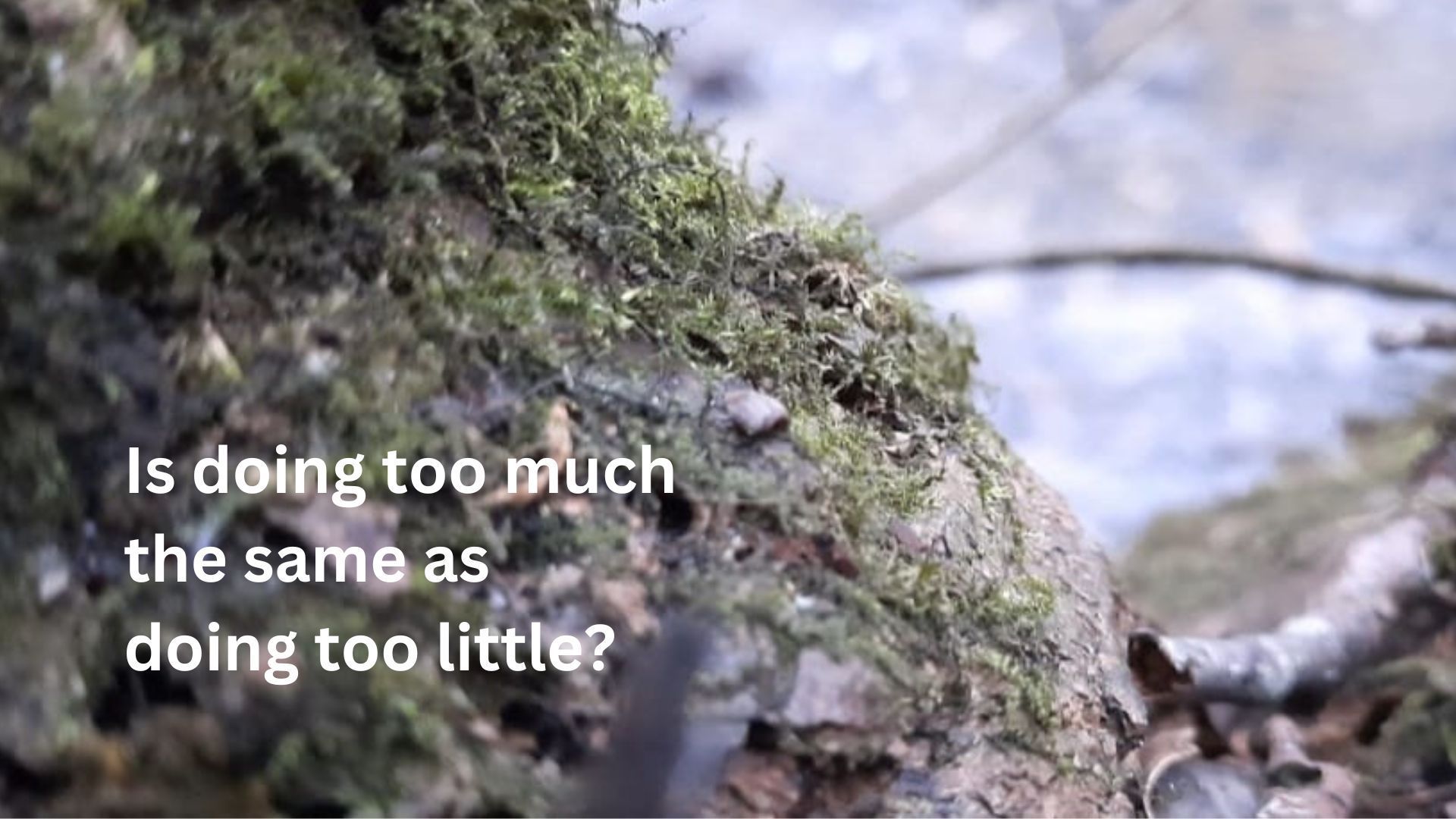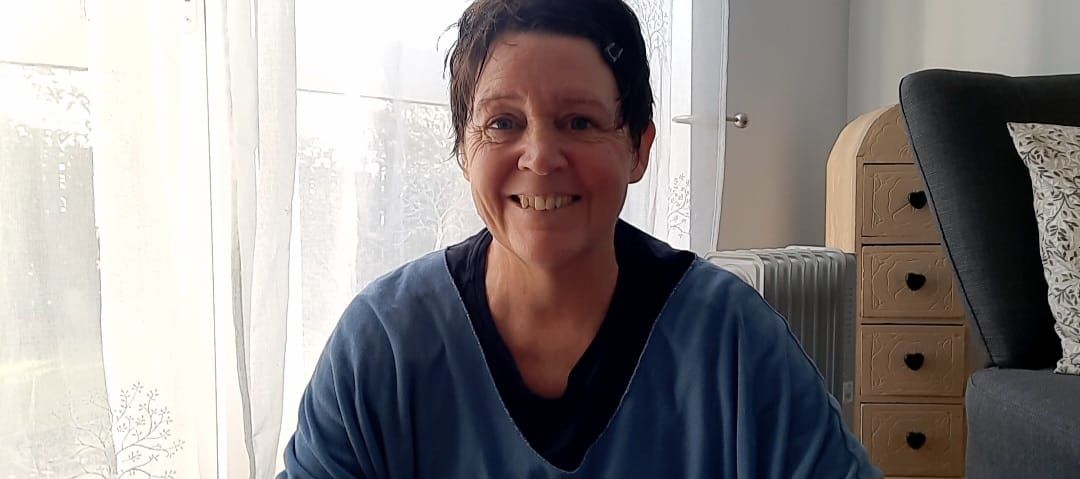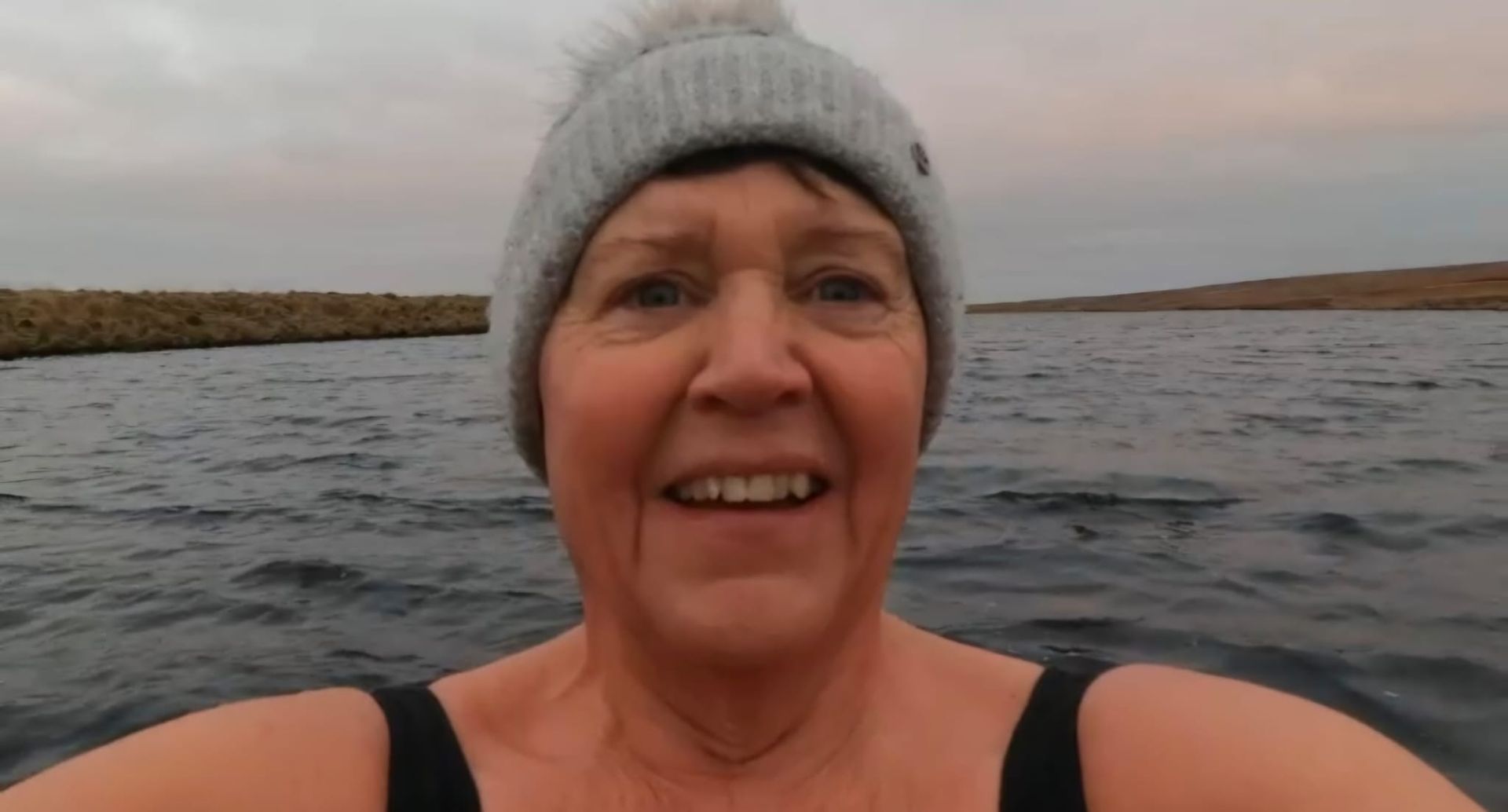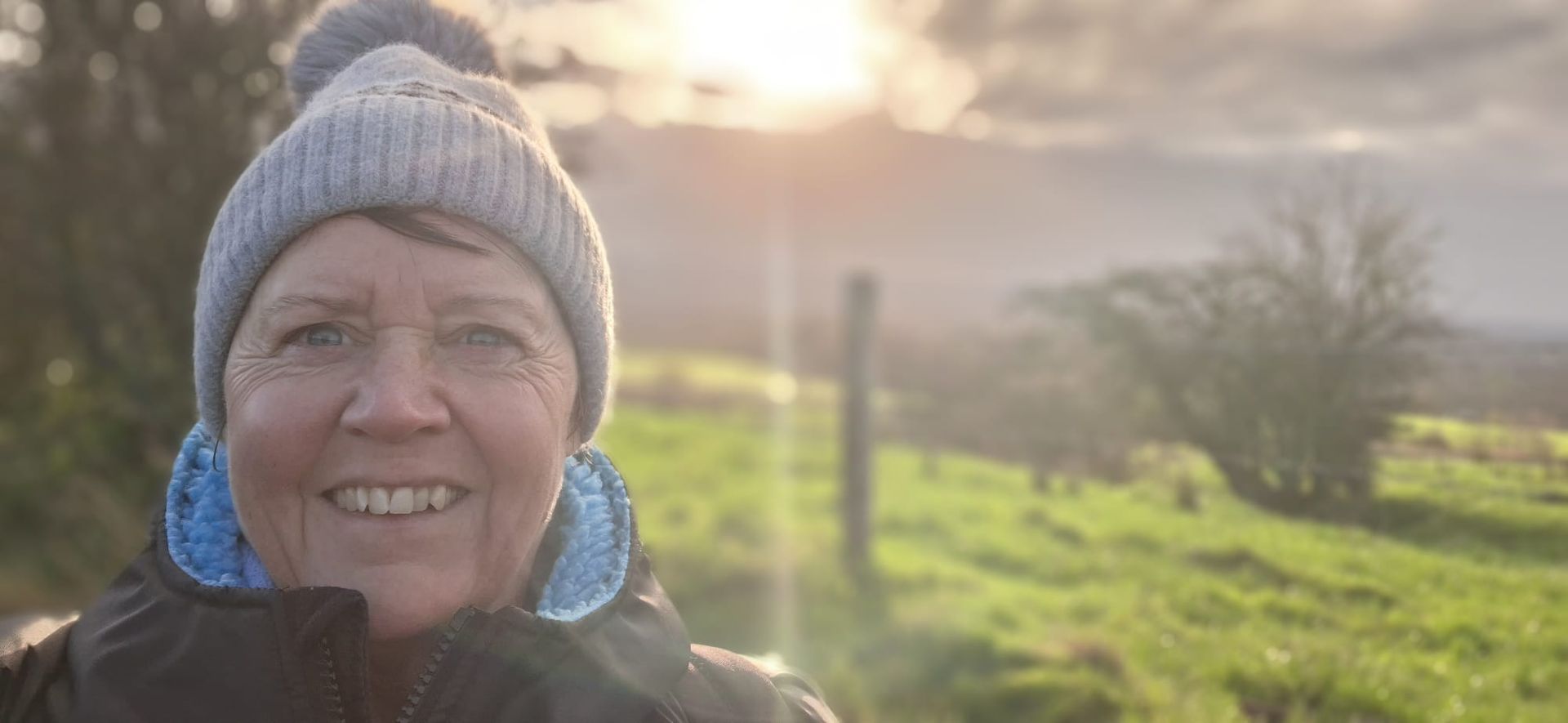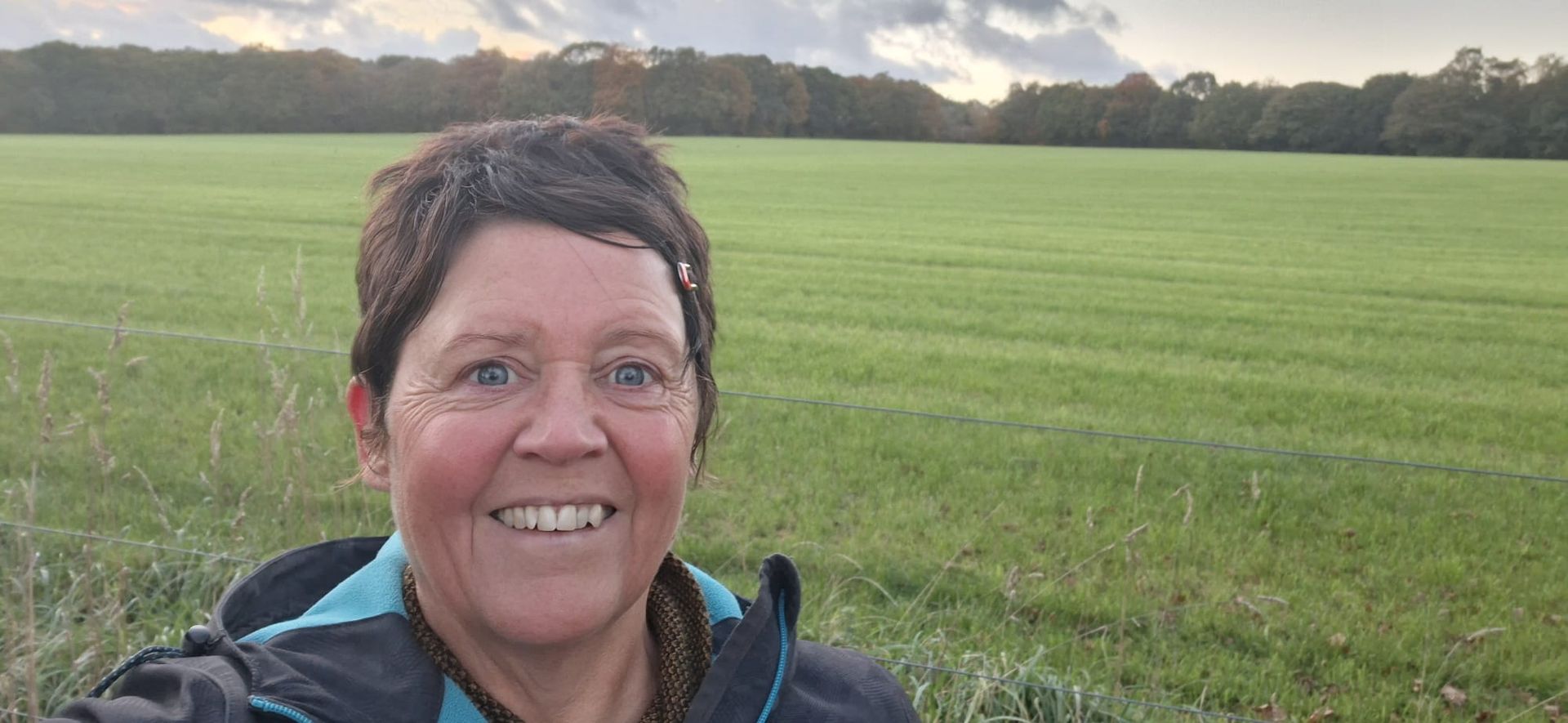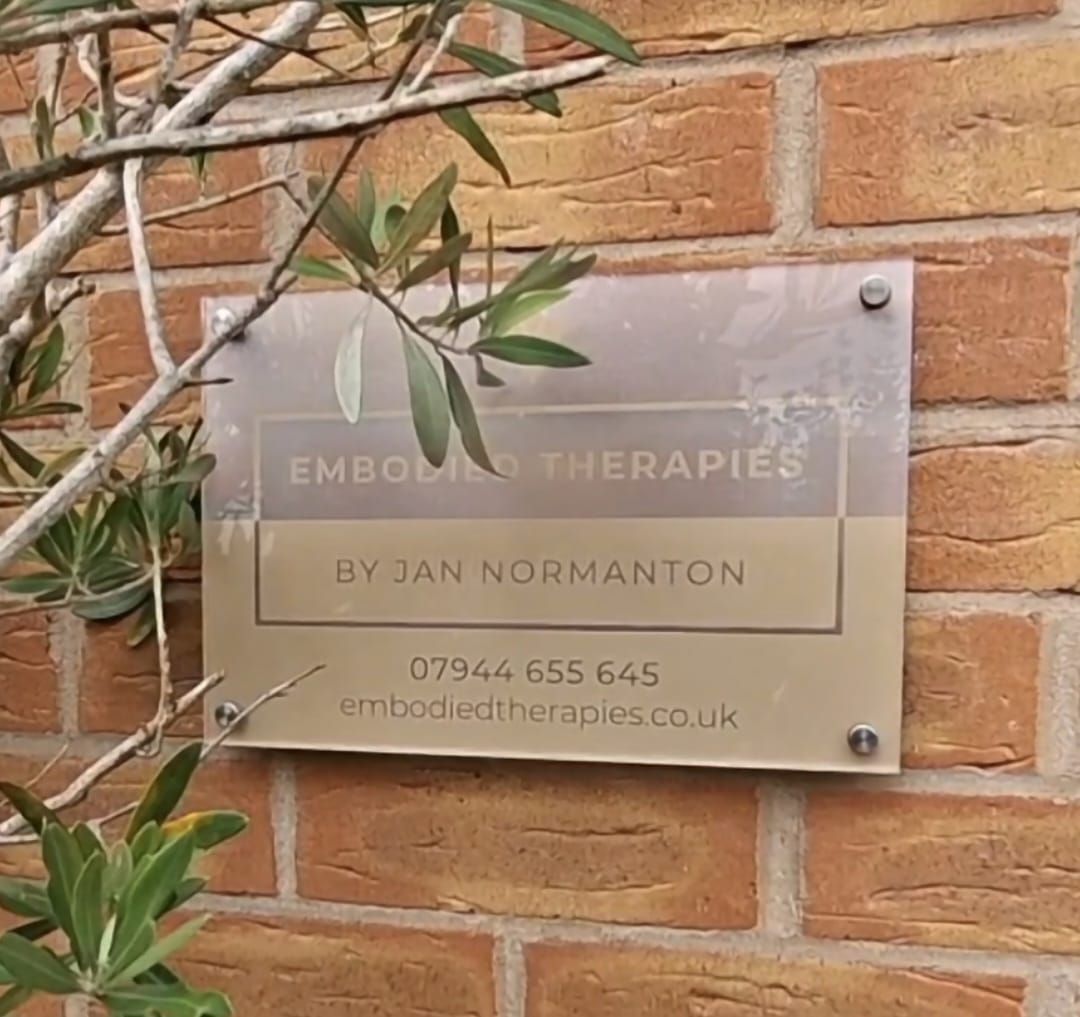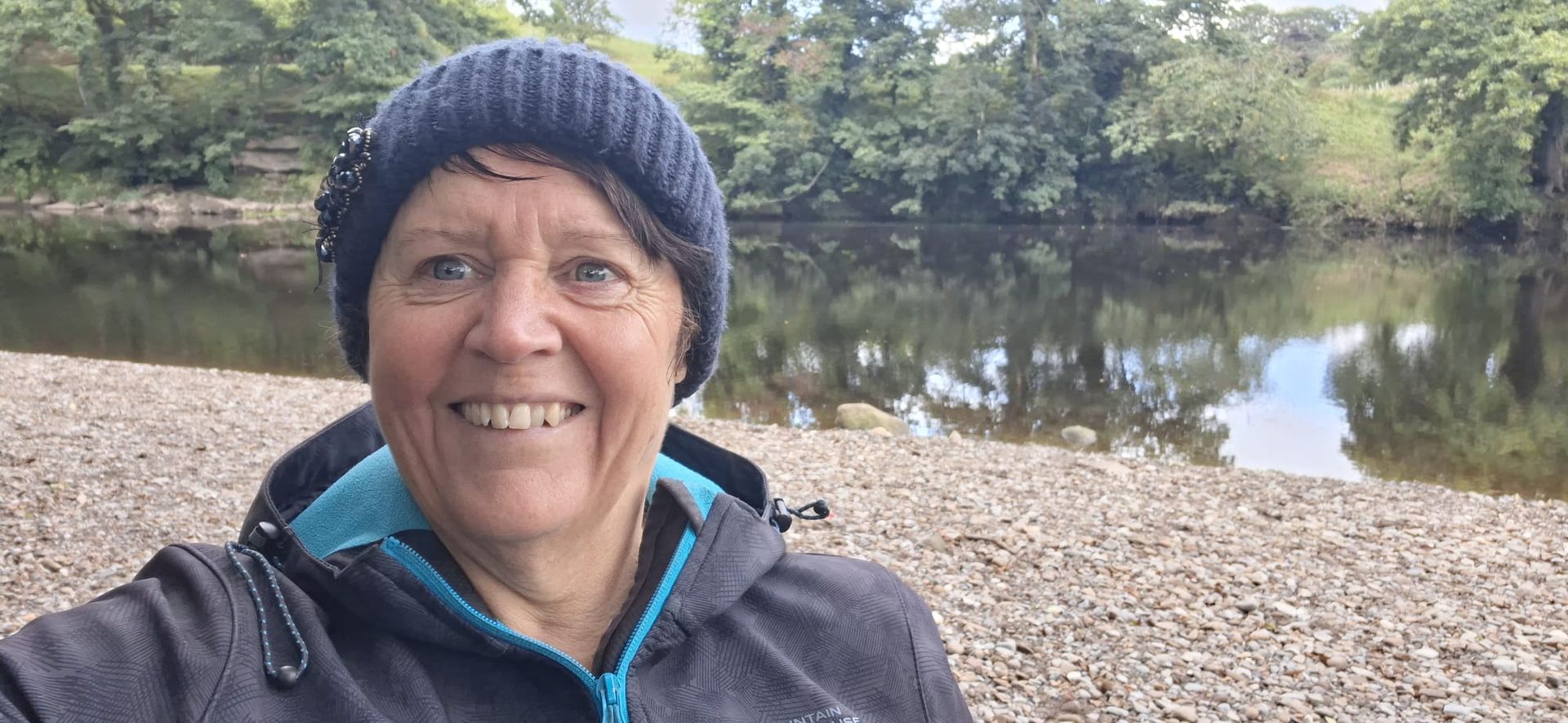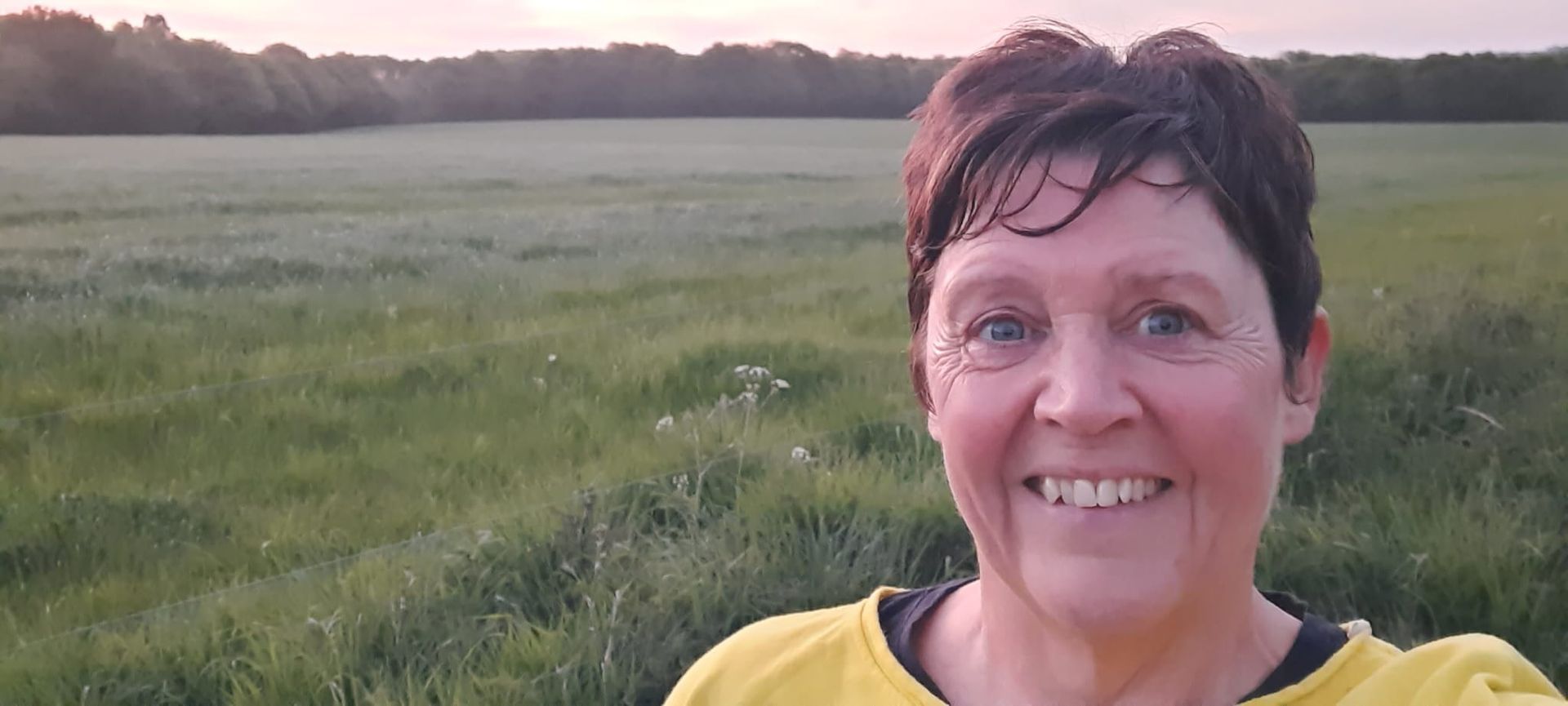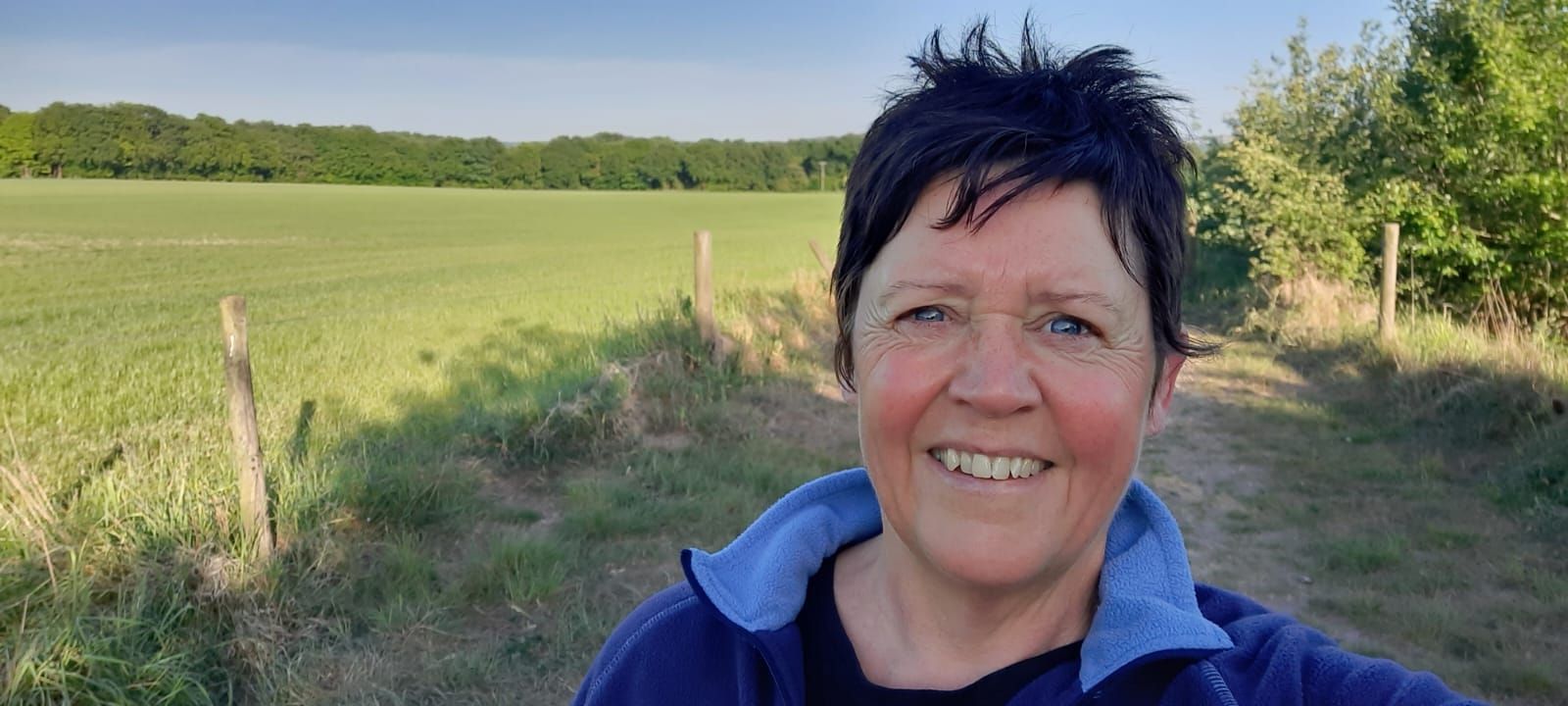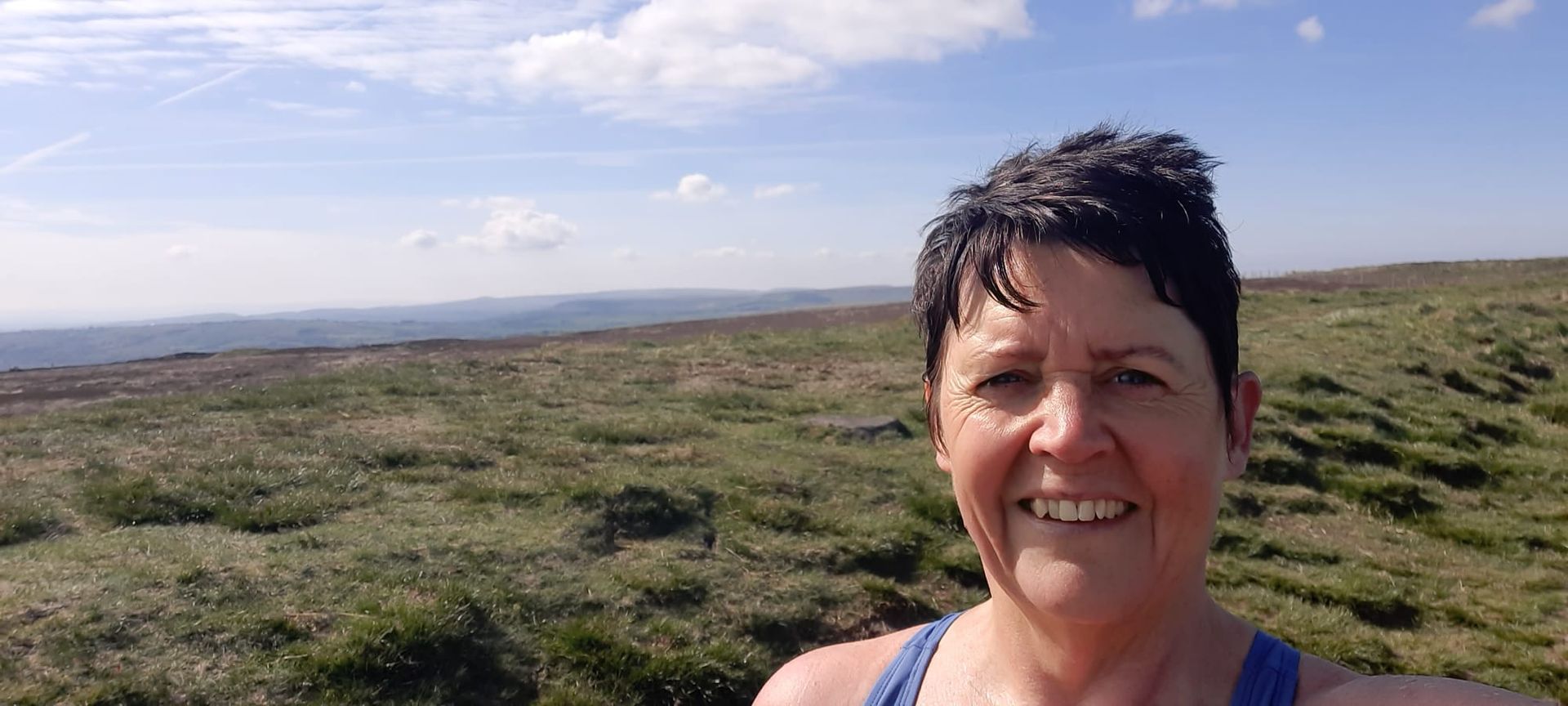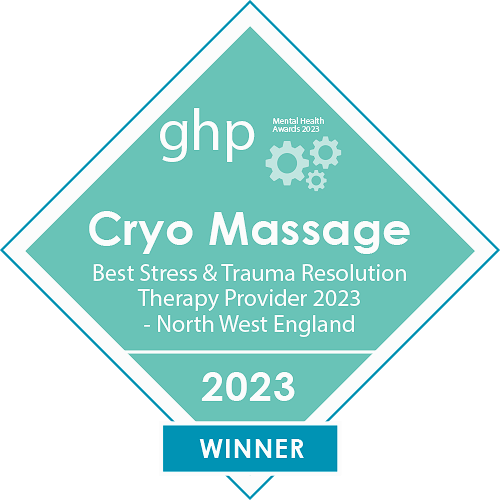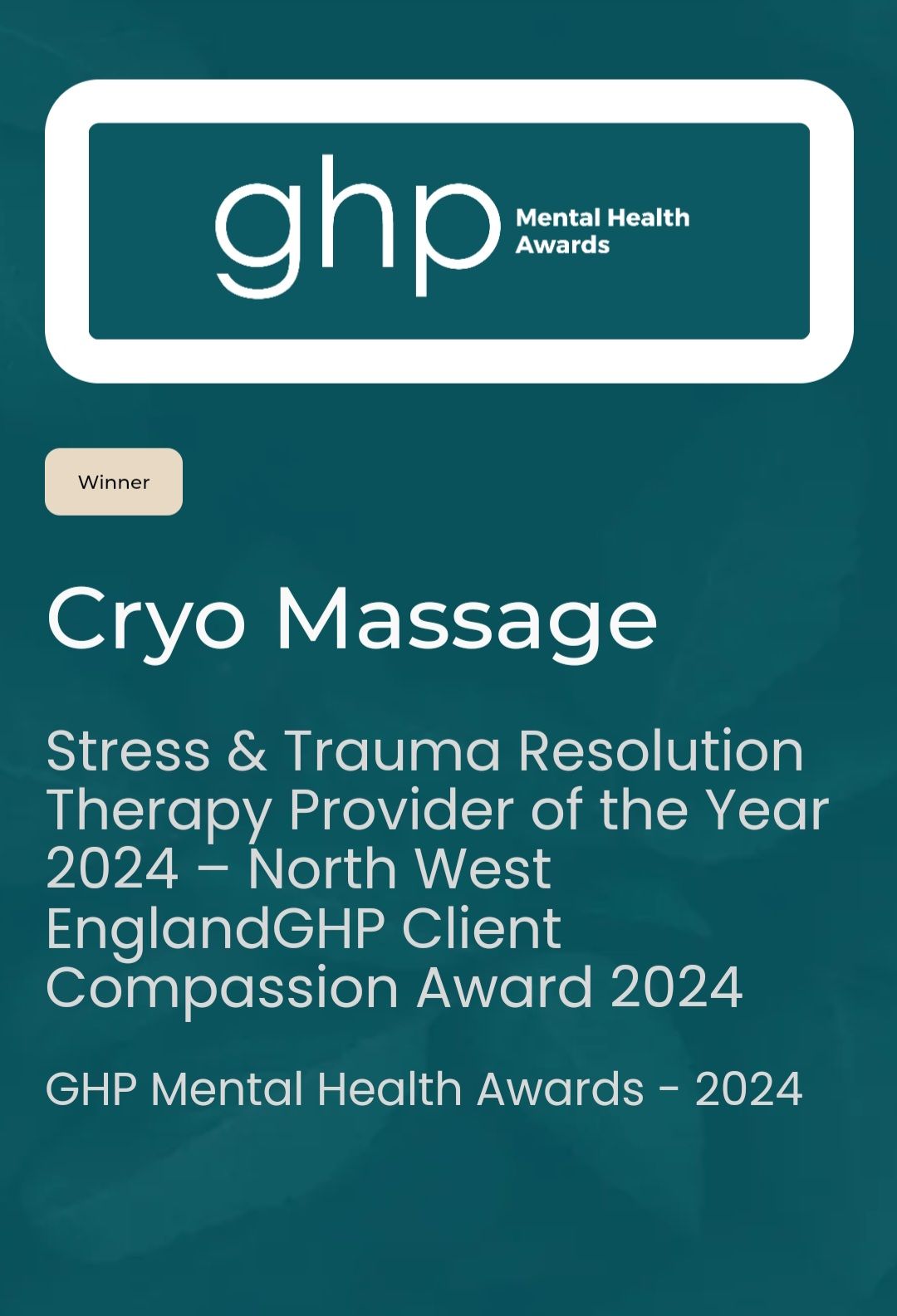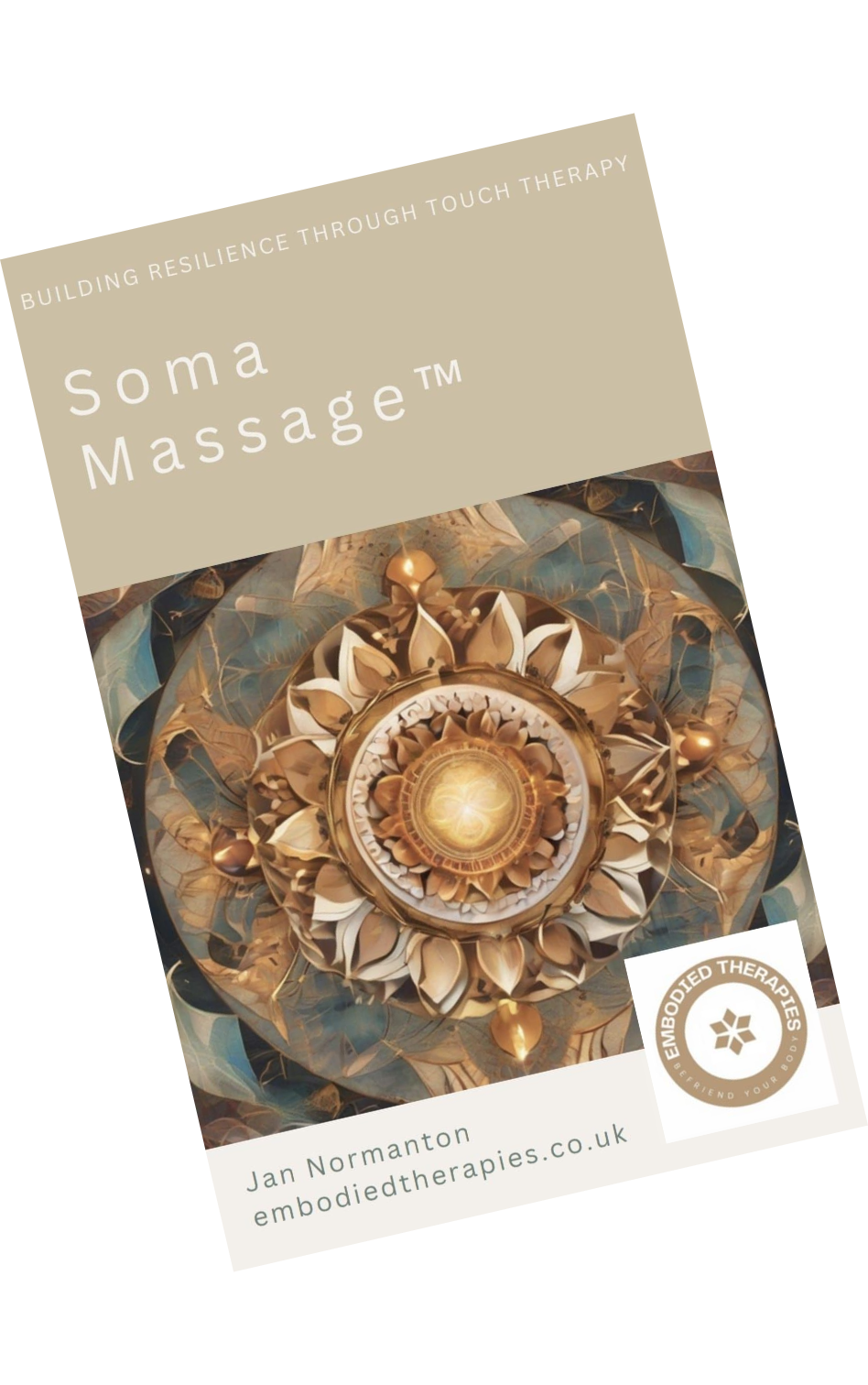Is doing too much the same as doing too little?
A common belief and prevalent ethos that the more we do, the more value we might bring to ourselves and those around us. However might doing too much in some ways mirror the effects of doing too little?
This may seem counterintuitive. After all, isn’t being busy a sign of accomplishment?
When we find ourselves constantly rushing from task to task, it can lead to overwhelm, exhaustion, and even burnout. We may be checking things off our list, but at what cost? Our mental health, relationships, and overall quality of life can often take a back seat when we operate in overdrive.
On the other hand, doing too little might feel like not engaging enough, leading to feelings of stagnation or guilt. The absence of activity can promote feelings of inadequacy or anxiety, as societal pressures push us to do more at every turn.
Both extremes can result in a lack of fulfilment and meaning in our lives. When we do too much, we risk losing sight of what truly matters to us, drowning in a sea of tasks without pausing to reflect on our true desires and needs.
Conversely, doing too little can leave us feeling unproductive and disconnected from our goals and our sense of meaning.
The challenge lies in finding a balance. It’s helpful to cultivate an awareness of our limits and to embrace a healthy cycle of activity and rest. Tuning in and listening to the whispers (or screams!) of our body is a good start. Paying heed may prove more of a challenge; our body knows the truth of its existence (when we are tired, hungry, thirsty etc), yet our mind often denies and defies our embodied truths and can push beyond our capacities.
Some pertinent questions when we start to feel out of kilter might include:
- What truly brings me joy and fulfilment?
- Are my current activities aligned with my values and long-term goals?
- Am I allowing myself time to rest and recharge?
- How can I create a sustainable rhythm between action and stillness in my life?
Rest doesn’t equate to laziness; rather, it is a necessary component of productivity. Creativity is often borne out of spacious moments when we are still and at peace.
Ultimately, recognizing that there’s a fine line between doing too much and doing too little can empower us to cultivate a healthier, more balanced lifestyle. Quality over quantity.
Can we be intentional with our precious time, energy and focus so that every action we take reflects our true self. Can we be mindful and on purpose, noticing when alignment between body, mind and soul feels alive and present. And when there is misalignment, can we take some time to take stock and seek to realign and rebalance, again and again.

